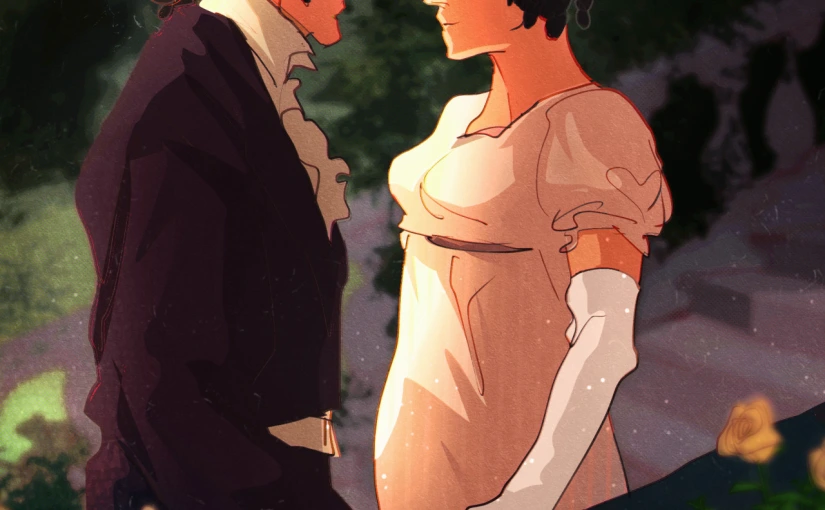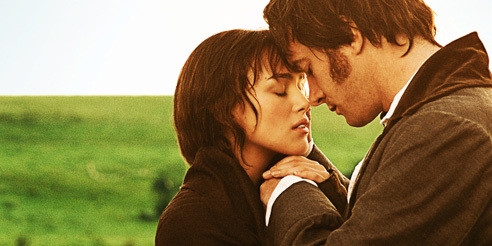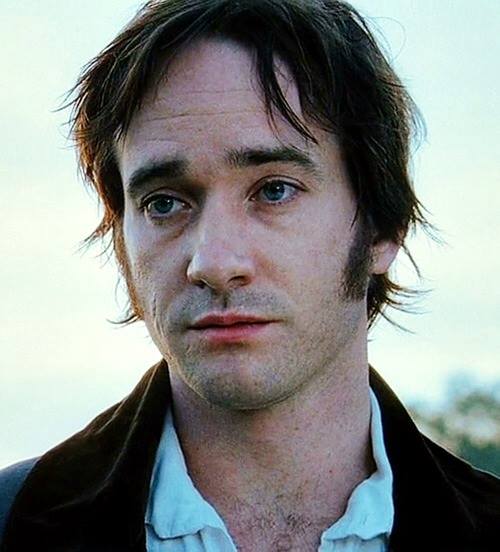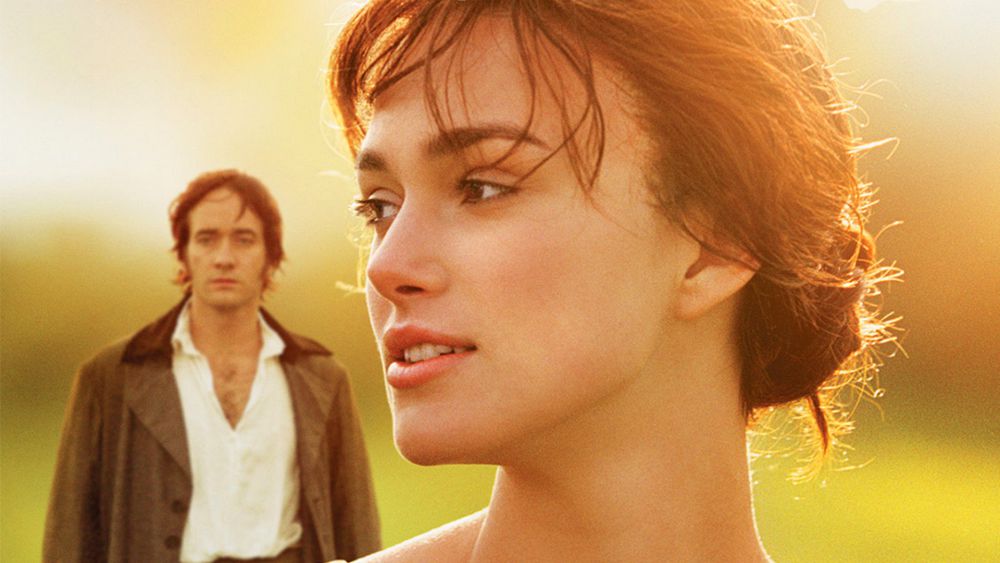
Jane Austen’s Pride and Prejudice follows the tempestuous relationship between Fitzwilliam Darcy, a wealthy aristocrat, and Elizabeth Bennet, the daughter of a country gentleman. The words pride and prejudice, as used by Austen, have negative connotations. Pride, in this case, refers to someone pompous, self-important, and arrogant, while the word prejudice refers to someone with a set of ideas based on preconceptions and assumptions. In Pride and Prejudice, Darcy is the proud one, and Elizabeth has prejudice, especially concerning how she views Darcy. Nevertheless, throughout the story, Elizabeth and Darcy overcome their nominal pride and prejudice to eventually fall in love and get married.
For help with similar assignments, email me at zackodhis21@gmail.com
In what kind of society does Elizabeth Bennet and Fitzwilliam Darcy live?

18th century England, also known as the regency era, had two distinct lifestyles: the poor and the rich. The industrial revolution started in the mid-century, and with it came machinery that made the minority capital owners very wealthy. The rich, during Austen’s time, were the tiny minority. They lived luxurious and lavish lifestyles in elegant country houses and luxurious mansions, which were furnished with the most expensive furniture of the time. Their schedules included opera, theatre and dinner parties. Most of the great fortunes of the rich were inherited, and most of them never had to work, cook, or do simple household chores. Although education was not compulsory, most upperclassmen and a few upper-class women attended school.
However, life was not so rosy for the poor, who were the majority. Starting with their diet, poor people ate monotonous foods like potatoes and bread. Meat was an unseen luxury. Most labourers lived in two or three rooms with their families, had very simple and plain furniture, and struggled daily to find their next meal. According to the History Extra Journal, “the chasm between the rich and the poor was never starker than in the Regency era.” Moreover, this was something that Austen’s audience at the time lived through and understood very well.
How is Fitzwilliam Darcy proud?

Darcy comes from the above-mentioned upper crust of England’s society. Like most rich people, his wealth is inherited, and he is highly educated. Moreover, he has been born into the chasm that existed between the rich and the poor, which affects his personality and greatly influences how people perceive him. Darcy is the Lord of Pemberly, an expensive estate located in England’s countryside town of Derbyshire left to him after his parents’ death. Although Pride and Prejudice is narrated from Elizabeth’s point of view, it is safe to assume that Darcy is a private individual, and his circumstances and upbringing have highly influenced his opinion and how he views the people around him.
When the audience is first introduced to the lord of Pemberly at the Meryton ball, he comes off as the villain of the book. It is easy to dislike Darcy from the first impression. He complains about the evening, will not interact with the others, and seems self important as described by Elizabeth. When teased about his pride, Darcy does not see anything wrong with this character failing. According to Darcy, “Where there is a real superiority of mind, pride will always be under good regulation” (Austen, 2001. p.9).
Darcy also comes off as arrogant. At the Meryton Ball, Darcy notices Elizabeth, and when their eyes meet, he turns around and tells Mr Bingley, “She is tolerable; but not handsome enough to tempt me; and I am in no humour at present to give consequence to young ladies who other men slight.” (Austen, 2001. p9). Darcy says this within Elizabeth’s earshot, which she finds very hurtful. In another instant, Darcy is overly intrusive. He plays the main role in breaking up Bingley and Elizabeth’s sister, Jane. Darcy disapproves of Jane and Bingley’s engagement because, according to Elizabeth, the two are not of the same class and such a union would be degrading to Bingley. given that Bingley was an aristocrat and Jane was from a lower class. Although Darcy is noticeably handsome, from the way that he talks, his condescending manner towards Elizabeth at Netherfield, how he deals with Wickam, and him turning Bingley against Jane, by the end of chapter thirty-three, the audience have come to form the opinion that Darcy is another arrogant, vain and prideful aristocrat, kind of like today’s stereotyped trust fund babies
For help with similar assignments, email me at zackodhis21@gmail.com.
How is Elizabeth Bennet prejudiced?

Pride and Prejudice is narrated from Elizabeth’s point of view. Elizabeth is Bennet’s second daughter. She comes off as intelligent – maybe the most intelligent in her family, quick-witted, and the story’s protagonist. Elizabeth has numerous desirable qualities. She is clever, lovely, and converses as brilliant as anyone. Moreover, her wit, honesty, and virtue elevate her above the bad behaviour and nonsense associated with her spiteful and class-bound society. Moreover, Elizabeth becomes even more impressive from the everyday struggles that she has to rise above, which include her hopeless mother, distant father, poorly behaved siblings, and the snobbish antagonizing females around her.
Elizabeth also has her character failings, which are mostly pointed out by the people around her. In chapter 1, Darcy points out Elizabeth’s tendency to form misconceptions about others. When she overhears Darcy describing her as tolerable and not handsome enough to tempt him, her misconception of the man is reinforced such that it blinds her to Darcy’s good side. Elizabeth does not see that Darcy was the most eligible bachelor in Derbyshire and might develop an aloof and prideful appearance to put off unmarried girls and match-making mothers craving for his attention.
Besides Darcy, Elizabeth misjudges other people as well. She has misconceptions about other people too, which she openly expresses. For instance, she puts off Mr. Collins’s proposal very arrogantly. Although she might be right to reject Mr Collins due to his ridiculous and absurd behaviour, calling him the most disagreeable man in the world is a little too harsh. Elizabeth is also too quick to believe the sly Mr Wickam, who lies and is easily believable because of his charming appearance, highlighting Elizabeth’s prejudice.
How does Darcy and Elizabeth Transform?

Darcy’s botched proposal to Elizabeth cultivates self-awareness that ignites the transformation of the two characters. After the proposal, Darcy’s other side come to light, and the audience begins to view him differently. Darcy is neither self-centred nor vain. Elizabeth has coloured the audience’s view of Darcy from the beginning, and much of Darcy’s pride and vanity are a figment of Elizabeth’s prejudice. What’s more, Darcy’s pride could be valid given that he is the Lord of Pemberly, a role that affords him confidence while allowing him to help others.
Elizabeth’s refusal of Darcy’s proposal challenges his arrogance and disdain. He goes into self-examination and understands himself enough to express his insight to Elizabeth in a letter. He contemplates about his actions and concludes that his advances were pretentious and insufficient, especially towards a woman who is deserving. Darcy is eager to prove that he is changed, and his changed outward manner reflects this. He accepts Elizabeth and her relatives and soon sponsors Lydia’s elopement and marriage. In his final proposal, Darcy is humble enough to express his hopes without mentioning his expectations. Moreover, he acknowledges his pride and is thankful to Elizabelth for humbling him.
Elizabeth’s self-realization begins when Darcy points out that she is arrogant. Elizabeth comes to discover the truth behind Wickham’s assertion, which was Slander, and Darcy’s point of view behind his involvement in the Bingley-Jane situation, which is rather honest and touching. Through Elizabeth, the audience comes to learn that Darcy is just as intelligent as Elizabeth from their conversations, and realizes Darcy’s real kindness and generosity when Elizabeth overhears the servants at Pemberly describing him. Nevertheless, Darcy is an affectionate brother- trusted by Georgiana, a loyal friend to Bingley, and a generous and wise landlord. The only chief fault in Darcy is his pride. Moreover, through Darcy, Elizabeth learns how prejudiced she could be.
For help with similar assignments, email me at zackodhis21@gmail.com
What Austen could have meant by Elizabeth and Darcy’s transformation
The first part of Austen’s novel shows real controversy between two persons. However, it is later revealed that there was nothing between the two characters but their own pride and prejudice. Austen’s novel is like a narrative that discusses these two human traits in detail. Darcy and Elizabeth are the perfect match. Through Elizabeth, Darcy humbles himself, and through Darcy, Elizabeth learns of her prejudice. Darcy’s personality contrasts with Elizabeth’s, hence, complementing each other and forming a true unity. The title, Pride and Prejudice, describes the whole story. In Darcy’s case, pride begins in the first chapter and ends with the climax.
Similarly, Elizabeth’s opinion changes and in the end, she accepts Darcy’s proposal. Austen wraps the novel by saying, “Vanity and pride are different things, though the words are often used synonymously. A person may be proud without being vain.” Nevertheless, Austen’s book highlights the proverbial don’t judge a book by its cover quote.
Email me at zackodhis21@gmail.com for help with similar assignments



